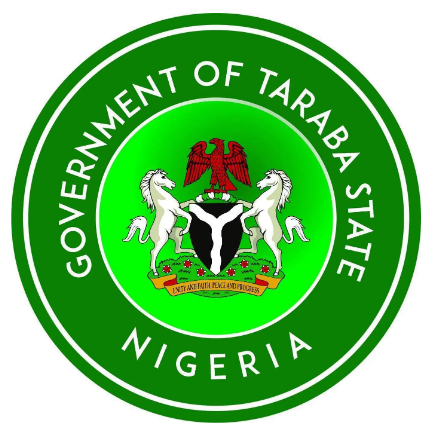The Attorney General of the Federal Government has no powers to proscribe any group, this is according to Mr Femi Falana, a Senior Advocate of Nigeria.
Mr Falana said, “The Attorney General of the Federal Government, Malami SAN, has no power whatsoever to proscribe any organisation in Nigeria.”
The legal practitioner’s comment comes in reaction to a statement credited to the Attorney General of the Federation, Mr. Abubakar Malami, suggesting that the newly launched ‘Operation Amotekun’ is illegal.
According to the AGF, the setting-up of the paramilitary organization called Amotekun is illegal and runs contrary to the provisions of the Nigerian law.
Reacting to the AGF’s claim while featuring as a guest on Channels Television’s Politics Today, Mr Falana said the Attorney General’s statement concerning Operation Amotekun is diversionary and hypocritical.
The human rights lawyer noted that even in proscribing IPOB or the Islamic Movement in Nigeria, the Federal Government had to approach the court, adding that it is disturbing that the Attorney General of the Federal Government can say that his legal opinion was not sought while the paramilitary organisation was being formed.
Falan stressed that there is no constitutional nexus between the Attorney General of the Federal Government and the state governments in that each state of the Federal Republic has its own Attorney General.
He further stated that the idea of the Attorney General of the Federation is a misnomer that was borrowed from the military era.
The Senior Advocate was of the opinion that Mr Malami is the Attorney General of the Federal Government in Abuja while other states have their own Attorney Generals to advise their governments.
Falana explained that before the official launch of Amotekun at Ibadan, Oyo State last week, the Inspector-General of Police, Mr. Ibrahim held a meeting with the southwest governors represented by Gov Kayode Fayemi of Ekiti State.
He further enunciated that at the end of the meeting the Police endorsed the security initiative, adding that by virtue of section 318 of the Constitution the word “government” is said to include the Government of the Federation, or any State, or of a local government council or any person who exercises power or authority on its behalf.
In Falana’s opinion through the Inspector-General of Police, the federal government has ratified the establishment of Amotekun. He adds that the statement of the Attorney-General of the Federal Government that he was not consulted before the establishment of Amotekun is totally uncalled for and ought to be ignored by the southwest governors.
The Senior Advocate of Nigeria said:
With respect, Mr. Malami’s purported proscription of Amotekun is hypocritical and discriminatory on the grounds that the Civilian JTF operating in Yobe and Borno states is constituted by 26,000 well-armed volunteers who have been assisting the armed forces to combat terrorism in the northeast region.
Similarly, the governments of Kano and Zamfara states have established the Hisbar Commission. It is common knowledge that the HISBAH operatives in Zamfara state recently arrested a policeman who was alleged to have been caught in the company of three women.
The Lagos State government has equally established the Neighbourhood Watch to assist the Police and other security agencies in protecting the life and property of every person living in Lagos.
No doubt, section 214 of the Constitution stipulates that there shall be only one police force in Nigeria. But the federal government has breached the Constitution by setting up other police forces. For instance, the Nigerian Security and Defence Corps is another police force established by law.
The State Security Service is also a police force established by law. Its operatives are well-armed. They wear masks even in broad daylight. The federal government has also authorised the officials of the Economic and Financial Crimes Commission, the Independent Corrupt Practices and Offences Commission, Nigeria Customs Service, Nigeria Correctional Service, and other paramilitary agencies to bear arms.
To that extent, the federal government cannot stop any state from setting a security outfit. In fact, having lost control of the monopoly of violence to armed gangs in the various parts of the country the federal government lacks the legal, political and moral right to challenge security outfits set up by state governments and individuals to protect the lives and property of the people of Nigeria.
Mr Falana submitted that since Amotekun is not an outfit set up by southwest governors to harass or intimidate political opponents it cannot be prohibited under section 227 or any other provision of the Constitution.
Falana argued that the Constitution has not prohibited the establishment of security outfits for the defence of the people of Nigeria, adding that if Mr. Malami is convinced that his position is backed by law he should approach the Supreme Court to test the constitutional validity of Amotekun.
He advised the governments of Ekiti, Ondo, Osun, Ogun and Oyo states to ignore Mr. Malami’s purported proscription and proceed to enact the necessary laws similar to the Neighbourhood Watch Law of Lagos State.







